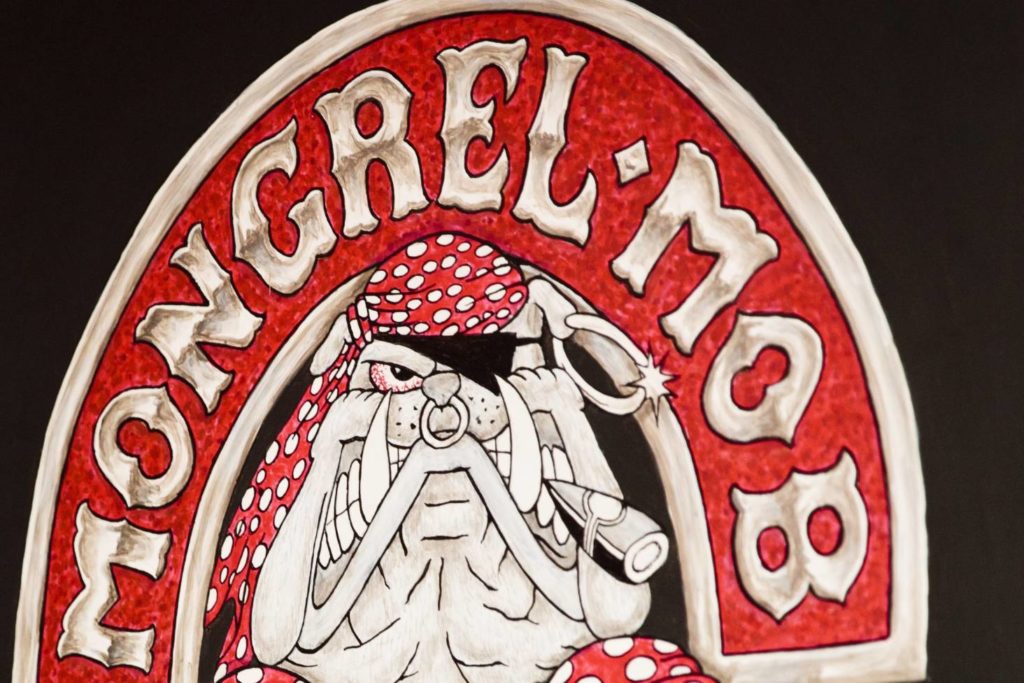The Biggest Little Farm - Film Review
Summary

When Emmy Award-winning cameraman and nature documentary maker, John Chester and his wife Molly – a chef – adopt a rescue dog called Todd and bring him home to their small Santa Monica apartment, they raise the wrath of their neighbours. It turns out Todd doesn’t like to be left alone and barks incessantly when he is. After multiple complaints, the Chesters are evicted by their landlord. The couple has long dreamed of owning a fully self-sustainable farm.
They find a run-down 80-hectare orchard in the foothills of Ventura County, write a business plan and through family and friends find enough investors to turn the dream into a reality. They enlist the eccentric biodynamic farm expert, Alan York, who mentors and designs the whole farm for them. He shows them how to rebuild the soil and encourages them to plant an abundance of fruit trees.

The Biggest Little Farm was filmed over a period of eight years and the before and after shots show how miraculous nature can be; how with careful management, an arid dust bowl can be transformed into a biodynamic powerhouse. To help them, Molly and John invite interested volunteers from around the globe to get the endeavour underway with worms, irrigation, composting and planting of trees and vegetables. Next comes the animals, sheep, cows, ducks, chickens and an adorable pig called Emma, who we see give birth to 15 piglets.
As the farm comes back to life, pests and predators make a reappearance, starlings decimate the fruit trees, coyotes eat the chickens, snails eat the vegetables and gophers wreak havoc. So begins the delicate dance of coexistence, harmony and balance. Apricot Lane Farm, for that is its name, becomes a living example of organic food production, ecological restoration and environmental diversity in which plants, animals and humans co-exist in a sustainable and organic way.

The Biggest Little Farm is an important film. In a world where people are starving and food production is controlled by multinationals and agrichemical companies, this film shows us that there are alternatives, that given time even barren land can be converted into productive and biodiverse land, using nothing more than what nature provides.
The cinematography is outstanding and captures nature’s beauty and brutality brilliantly.
I would have liked to know who the investors were and how much they invested, however. The couple must have spent a small fortune over the eight years The Biggest Little Farm was shot. I was also very surprised that the topic of climate change is not broached, especially as we witness drought and a wildfire that nearly wipes out the entire farm.

This is a film that will make you think about how the food you eat is produced and may even change your buying behaviours, and it should. Far too much of what we eat is environmentally destructive and cruel, but there are organic, sustainable products that are better for you and the planet we live on.
The Biggest Little Farm is a beautifully filmed, thought-provoking documentary.
* Screens in New Zealand from Thursday December 5.















